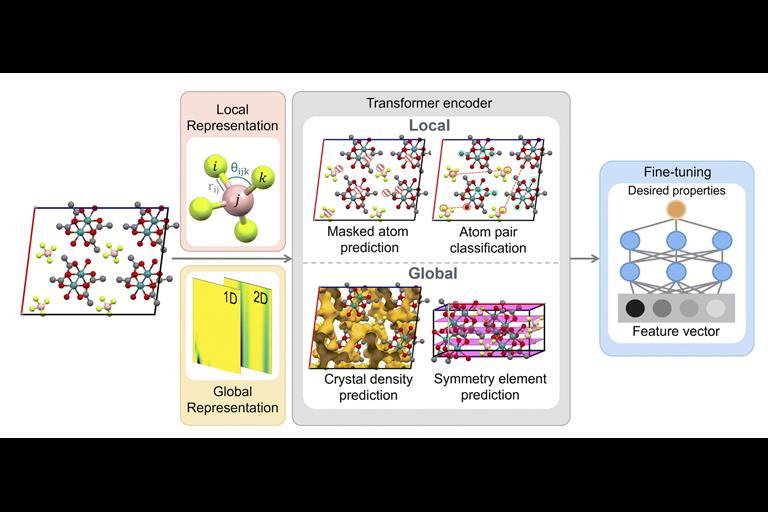CrystalGPT: Redefining Crystal Design with AI-Driven Predictions

July 18, 2025
In a major leap for materials chemistry, researchers in the UK have developed Molecular Crystal Representation from Transformers (MCRT)—an AI model likened to ChatGPT for its transformative impact. Dubbed "CrystalGPT", this foundation model rapidly predicts the physical properties of molecular crystals, revolutionizing how chemists design materials in silico.
The AI Revolution in Crystal Design
Understanding and predicting the properties of molecular crystals is critical for designing new materials for applications ranging from pharmaceuticals to energy storage. Traditional computational approaches, though powerful, are often resource-intensive and slow. Machine learning methods such as Smooth Overlap of Atomic Positions (SOAP) and atom-centred symmetry functions (ACSFs) have offered improvements, but they struggle with large datasets and subtle structural nuances.
CrystalGPT, developed by a team led by Andy Cooper at the University of Liverpool, overcomes these limitations by leveraging transformer-based architectures. Pre-trained on over 700,000 crystal structures from the Cambridge Structural Database, the model has learned intricate patterns in crystal symmetry, density, and atomic environments.
A Versatile and Efficient AI Tool
The MCRT model's attention-based architecture allows it to capture both local and global features of crystal structures. This multi-modal approach combines graph-based atomic representations with topological "images," producing a rich understanding of crystalline materials. Remarkably, the model excels even in low-data scenarios, demonstrating strong performance with minimal retraining.
“This work marks a transformative step toward AI-driven materials chemistry,” says Michael Ruggiero from the University of Rochester. “By combining physics-based insights with a universal architecture, CrystalGPT redefines how we approach materials design and accelerates discoveries.”
Beyond Prediction: Explainability and Fine-Tuning
Unlike many deep learning models, CrystalGPT offers explainability features, helping researchers "reverse-engineer" predictions and identify key structural elements influencing results. This transparency bridges the gap between AI predictions and traditional chemistry intuition.
With its ability to fine-tune for specific families of crystals and functionalities, CrystalGPT is poised to become an indispensable tool for chemists tackling challenging materials problems.
Read the original article here.
Sponsored by PWmat (Lonxun Quantum) – a leading developer of GPU-accelerated materials simulation software for cutting-edge quantum, energy, and semiconductor research. Learn more about our solutions at: https://www.pwmat.com/en
📘 Download our latest company brochure to explore our software features, capabilities, and success stories: PWmat PDF Brochure
📞 Phone: +86 400-618-6006
📧 Email: support@pwmat.com
Tags: AI in chemistry, CrystalGPT, molecular crystals, materials design, transformer models, PWmat

Comments
Post a Comment